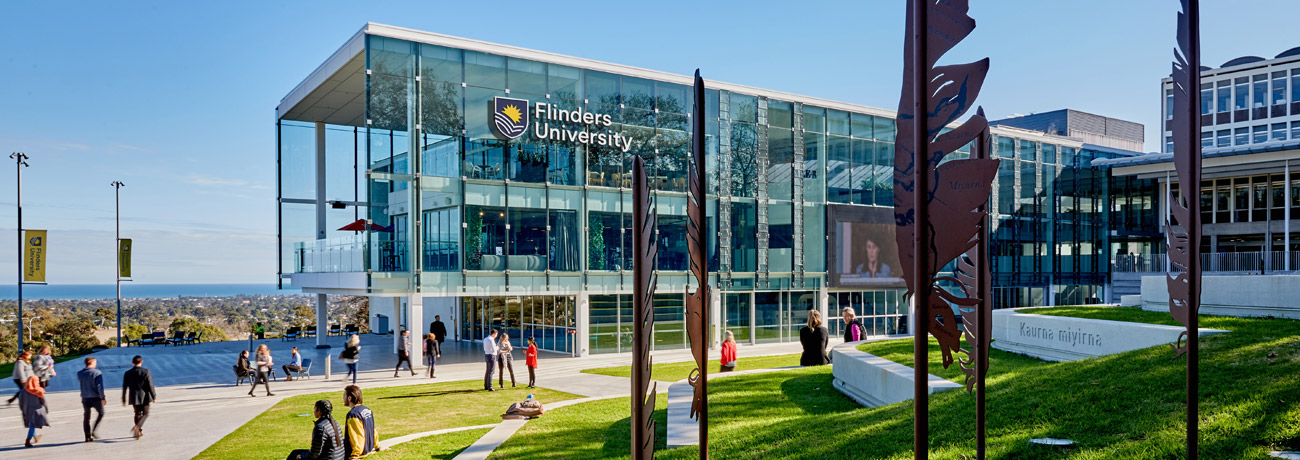

Flinders University recognises international secondary schooling for direct entry to undergraduate programs.
English language requirements
Get a broad understanding of the biology of marine organisms, their relationships with the physico-chemical marine environment, and their potential responses to changes. The degree provides you with the ability to acquire extensive knowledge in marine biodiversity, ecology, genetics, conservation, fisheries and related areas, and builds transferable skills.
What you will study
First year
A typical first year may include:
Second year
A typical second year may include:
Third year
A typical third year may include:
Honours year
A typical honours year may include:
Your career
The range of specialty areas and career opportunities are expansive. There are marine biologists who study the basic biochemistry of marine organisms, or the growth or behaviour of individual plants or animals. Some adopt an even larger perspective and study how entire marine ecosystems function.
Potential occupations include:
Potential employers include:
Level of Study: Bachelor Degree
Duration: 3 years
CRICOS Course Code: 033068G
English Requirements: IELTS Score UG 6
Annual Tuition: AUD$40,200.00
Disclaimer: The listings provided on the StudyAdelaide.com website are for information and promotional purposes only. The information, content and material provided in the listings is the sole responsibility of each education provider. While every care has been taken in preparing the information published on this website, StudyAdelaide does not guarantee the accuracy or currency of the content.